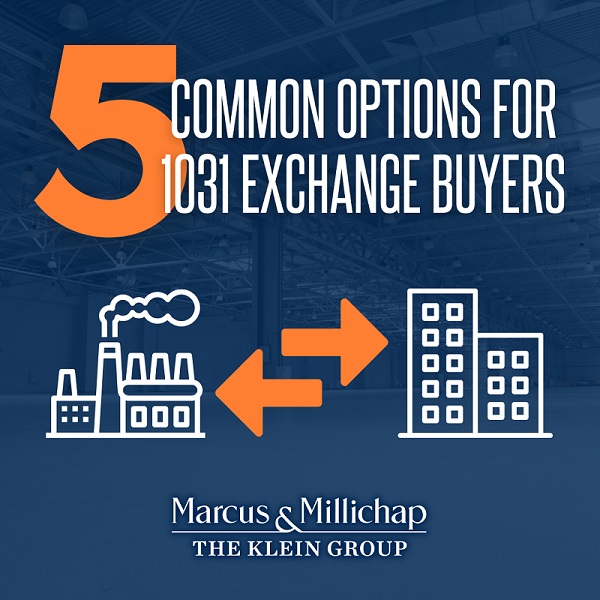Much has been said about the new 4% tax on income above $1 million in #massachusetts. Don’t want to pay this tax? Do a 1031 exchange when you sell your property. But what should I buy with my 1031 exchange money you may ask.
You must buy like-kind property, which essentially means any real estate that you don’t personally live in (it must be held for investment). Five of the most common options are:
-
-
Single tenant net leased properties that have zero management and typically have long, corporately guaranteed, leases. These are easy to find, offer in-place cash flow, and are usually straightforward to sell. Best of all they have zero management.
-
Multi-tenant real estate. Perhaps you like apartments and want to buy another apartment building, or a fixer-upper warehouse deal. Just make sure the trade benefits you. Don’t swap similar properties just for entertainment. The grass might not actually be greener on the other side.
-
Delaware Statutory Trust (DST) offers the benefits of a #NNN property and typically more diversification. You are buying shares in a fund/trust that will pay you dividends and will return your money (plus appreciation hopefully) – typically in five years. These have some liquidity issues and often significant management fees. However, they are great options for people who expect to give the property to multiple heirs in a short time. Some DSTs offer the option to convert into a publicly traded REIT, typically after 2 years.
-
Vacation rentals are an exciting option. Always wanted to own a house on Nantucket? Buy it with the money you get when you sell your warehouse. You will need to meet IRS rules for nvestment versus the personal property. Some accountants advise that after 1-2 years it is appropriate to convert this property to “personal property” and begin living in it full-time.
- Ground lease properties are a great option for people exchanging out of fully depreciated properties. With a ground lease, you don’t get to take depreciation because you technically don’t own the building/improvements. This of course does not matter if you’ve already fully depreciated the property you are selling. Ground Leases typically offer more security as price points are lower compared to similar quality traditionally structured net lease offerings.
-




